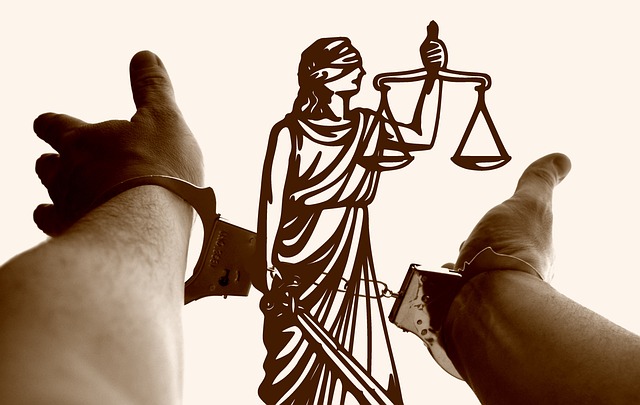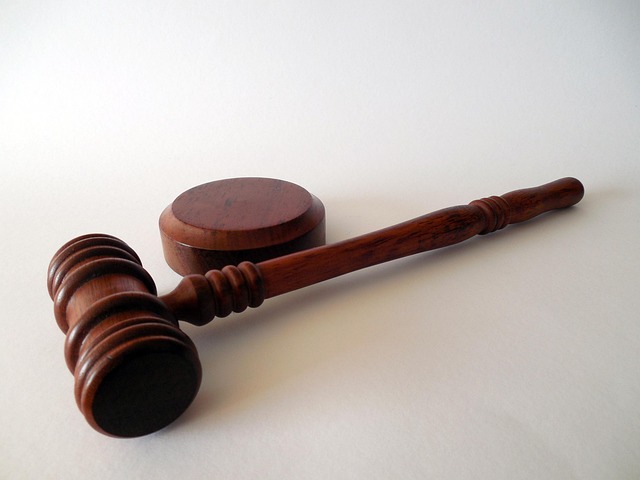Regulatory fraud laws protect consumers and businesses from deceptive practices, crucial for defending against assault charges in criminal court, especially white-collar cases. Understanding industry-specific rules, navigating investigative process, and adhering to best practices for compliance help mitigate risks, avoid legal repercussions, and ensure rights are protected. Strategic defense challenges evidence, scrutinizes findings, highlights regulatory compliance, leveraging unique circumstances for additional protection. Preventing regulatory fraud requires a comprehensive strategy of due diligence, internal controls, training, regular audits, and ethical conduct promotion.
In today’s complex business landscape, understanding Regulatory Fraud Laws is paramount to avoid severe penalties, including defending against assault charges in criminal court. This comprehensive guide explores key aspects of regulatory fraud, from identifying its elements to navigating legal defenses and mitigating risk. By delving into these topics, we aim to equip businesses with the knowledge needed to ensure compliance and prevent fraudulent activities, ultimately safeguarding them from legal repercussions.
- Understanding Regulatory Fraud Laws: A Comprehensive Guide
- Assessing Criminal Liability: Elements of Fraud
- Defending Your Case: Legal Strategies and Evidence
- The Impact and Prevention: Mitigating Risk and Ensuring Compliance
Understanding Regulatory Fraud Laws: A Comprehensive Guide

Regulatory fraud laws are designed to protect consumers, investors, and businesses from deceptive practices that harm their interests. These laws cover a wide range of activities, including falsifying financial statements, misrepresenting product quality, and concealing safety issues. Understanding these regulations is crucial for defending against assault charges in criminal court, especially in the context of white collar defense.
Navigating all stages of the investigative and enforcement process requires a deep knowledge of the respective business’s industry-specific regulations. A comprehensive guide should outline key provisions, potential pitfalls, and best practices for compliance. By staying ahead of these guidelines, businesses can mitigate risks and ensure their operations are in line with legal standards, thereby avoiding costly mistakes and legal repercussions.
Assessing Criminal Liability: Elements of Fraud

When assessing criminal liability for regulatory fraud, understanding the elements of fraud is paramount. In the context of defending against assault charges in criminal court, each element must be carefully scrutinized to build a robust defense strategy. Fraud involves deception with the intent to gain an unfair advantage, and it’s crucial to prove this intent beyond a reasonable doubt. This includes demonstrating false representations or omissions that significantly impact a decision-maker’s actions.
For his clients, navigating all stages of the investigative and enforcement process requires a meticulous approach. Lawyers specializing in regulatory fraud cases focus on exposing inconsistencies and weaknesses in the prosecution’s case. By challenging the evidence and testimony at every turn, they aim to win challenging defense verdicts, ensuring their clients’ rights are protected throughout the legal battle.
Defending Your Case: Legal Strategies and Evidence

When facing regulatory fraud charges, whether as a corporate or individual client, it’s paramount to mount a robust defense. Legal strategies in such cases often involve challenging the admissibility of evidence and questioning the intent behind alleged violations. For his clients, successful defenses have included exposing inconsistencies in investigative findings, demonstrating compliance with relevant regulations, and presenting exculpatory evidence.
The approach may also leverage the unique circumstances of philanthropy and political communities, which can influence how regulatory bodies interpret certain actions. Through meticulous preparation and a deep understanding of legal precedents, attorneys can defend against assault charges in criminal court, ensuring fairness and protecting the rights of both corporate and individual clients.
The Impact and Prevention: Mitigating Risk and Ensuring Compliance

Regulatory fraud laws play a pivotal role in defending against assault charges in criminal court, acting as a robust shield for businesses and individuals facing allegations. By establishing clear guidelines and stringent penalties, these laws serve as a deterrent to unethical practices, ensuring that those who engage in fraudulent activities face significant consequences. The impact extends beyond punishment; it fosters a culture of integrity and accountability, encouraging entities to implement robust compliance measures.
Preventing regulatory fraud involves a multi-faceted approach. Businesses must prioritize risk mitigation by conducting thorough due diligence, implementing stringent internal controls, and promoting ethical conduct. Staying informed about evolving legal landscapes is crucial, as regulations adapt to address emerging threats. Furthermore, regular audits and employee training can help identify vulnerabilities and ensure adherence to legal requirements at all stages of the investigative and enforcement process, potentially leading to a complete dismissal of all charges if compliance is demonstrably proven.
Regulatory fraud laws are designed to protect the integrity of business practices and maintain public trust. By understanding these laws, assessing liability through a nuanced interpretation of fraud elements, and employing robust legal strategies for defense, businesses can navigate complex compliance landscapes effectively. Moreover, recognizing the impact of such frauds fosters proactive risk mitigation measures, ensuring long-term sustainability and integrity within industries. For those facing criminal charges related to regulatory fraud, seeking expert legal counsel is crucial to defend against assault charges in the criminal court, ultimately upholding justice and due process.






